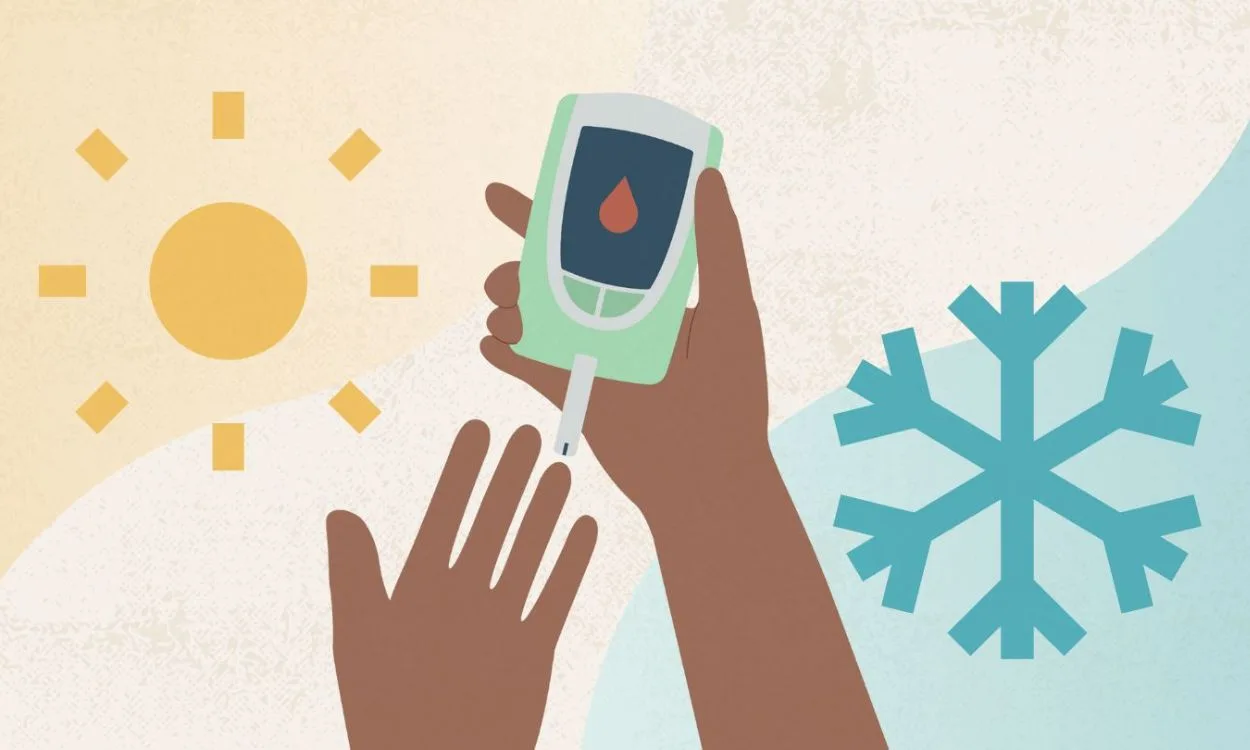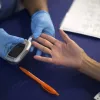Managing Blood Sugar During Travel: Tips for Diabetes Management
Traveling can be an exciting and enriching experience, but for individuals with diabetes, it can also present unique challenges in managing blood sugar levels. Whether it’s due to changes in routine, meal options, or activity levels, maintaining stable blood sugar while traveling requires careful planning and proactive strategies. In this article, we’ll explore the various factors that can impact blood sugar during travel and provide practical tips for individuals with diabetes to effectively manage their condition while on the go.
Understanding the Impact of Travel on Blood Sugar
Time Zone Changes and Jet Lag
Traveling across time zones can disrupt the body’s internal clock, leading to jet lag. For individuals with diabetes, this can affect the timing of meals, insulin injections, and medication schedules, potentially causing fluctuations in blood sugar levels.
Unpredictable Meal Options
When traveling, access to familiar and healthy meal options may be limited. Different cuisines, irregular meal times, and indulging in unfamiliar foods can make it challenging to maintain consistent carbohydrate intake, potentially impacting blood sugar control.
Physical Activity and Sedentary Behavior
Extended periods of sitting during flights or long journeys can lead to decreased physical activity, while exploring new destinations may involve increased walking and sightseeing. These variations in activity levels can influence blood sugar management.
Stress and Emotional Well-being
The excitement or stress associated with travel can trigger fluctuations in stress hormones, which in turn can affect blood sugar levels. Additionally, managing the logistics of travel, such as navigating airports and transportation, can contribute to emotional strain.
Tips for Managing Blood Sugar During Travel
Plan Ahead and Stay Informed
Before embarking on a trip, research the destination’s food options, meal timings, and availability of medical facilities. Carry ample supplies of medication, insulin, test strips, and snacks to cater for unexpected delays or changes in plans.
Adjust Medication and Insulin Dosages
Consult with your healthcare provider to discuss potential adjustments to medication or insulin dosages to accommodate changes in meal times, activity levels, and time zone differences.
Monitor Blood Sugar Regularly
Frequent monitoring of blood sugar levels, especially during travel, can help in identifying patterns and making timely adjustments to diet, medication, or insulin doses.
Stay Hydrated and Mindful of Alcohol Consumption
Hydration is crucial for maintaining stable blood sugar levels. Be mindful of alcohol consumption, as it can impact blood sugar directly and lead to dehydration.
Engage in Physical Activity
Incorporate light physical activity, such as stretching or walking, during long flights or car journeys to promote circulation and help manage blood sugar levels.
Carry Healthy Snacks
Pack diabetic-friendly snacks, such as nuts, seeds, fruit, or whole-grain crackers, to have readily available in case of delayed meals or unpredictable food options.
Communicate with Travel Companions
Inform travel companions, especially if they are unfamiliar with diabetes management, about your condition, symptoms of low or high blood sugar, and necessary actions in case of an emergency.
Be Prepared for Emergencies
Carry a diabetes management kit containing essential supplies, including a glucagon kit for severe hypoglycemia, and ensure that travel companions are aware of its location and usage.
How Fitpaa Can Support Diabetes Management During Travel
As a comprehensive health and fitness solution, Fitpaa offers personalized support for individuals with diabetes, including:
- Metabolism Monitoring Technology: Track and manage your metabolism to optimize blood sugar levels and overall health.
- Personalized Fitpaa Capsule: Receive personalized medical nutrition therapy, exercise therapy, and cognitive behavior therapy to support diabetes management.
- Real-time Guidance and Support: Access real-time guidance and support from a team of health and fitness professionals to help navigate blood sugar management during travel.
By leveraging the features and support provided by Fitpaa, individuals with diabetes can enhance their ability to manage blood sugar levels effectively, even while traveling.
In conclusion, traveling with diabetes requires proactive planning, awareness, and adaptability. By implementing the aforementioned strategies and leveraging the support offered by Fitpaa, individuals with diabetes can confidently embrace travel while effectively managing their blood sugar levels, enabling them to enjoy enriching experiences without compromising their health.
If you’re ready to take proactive steps towards managing your diabetes and overall health, consider downloading the Fitpaa app and experience the comprehensive support it offers for achieving your health and fitness goals, including effective diabetes management during travel.









